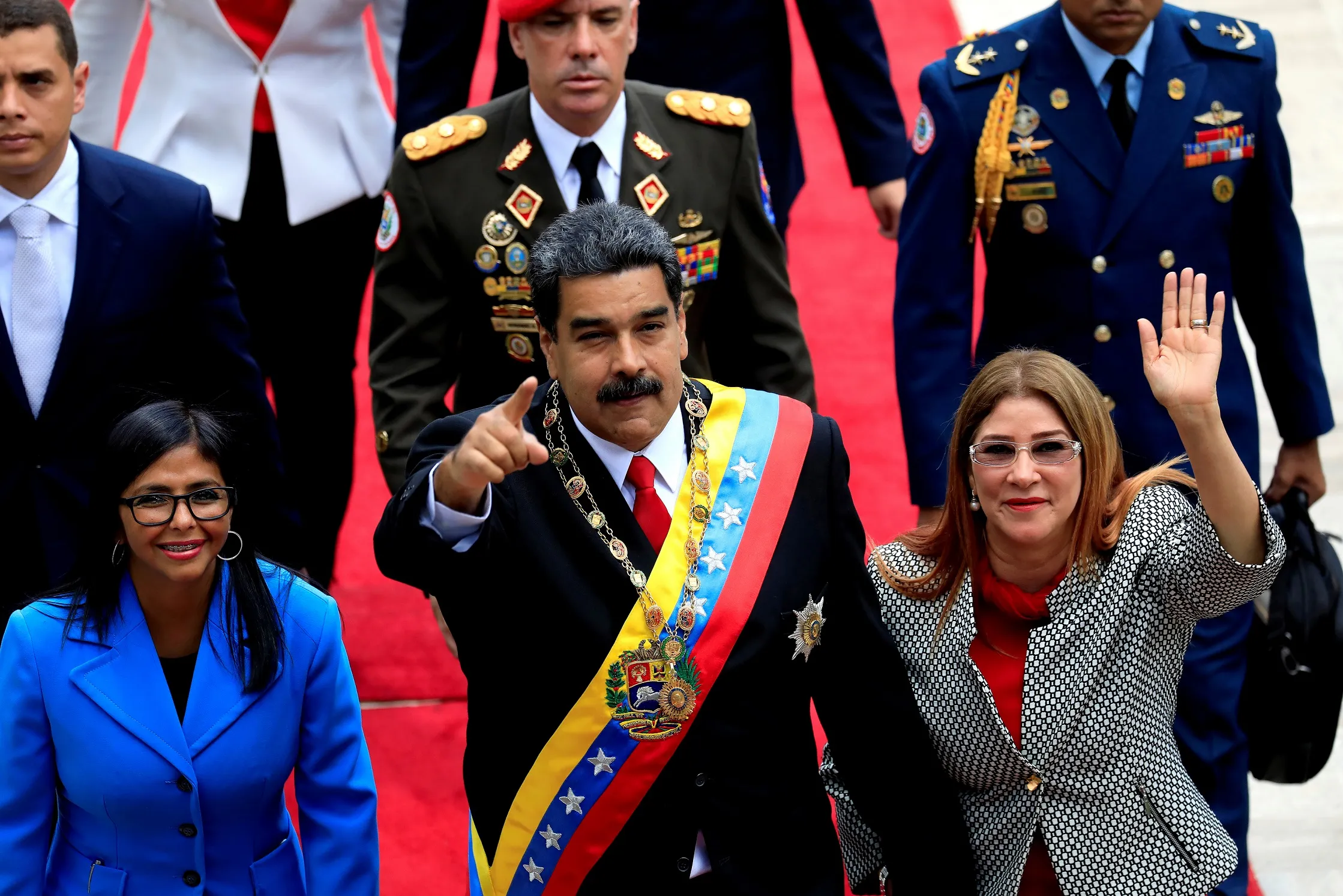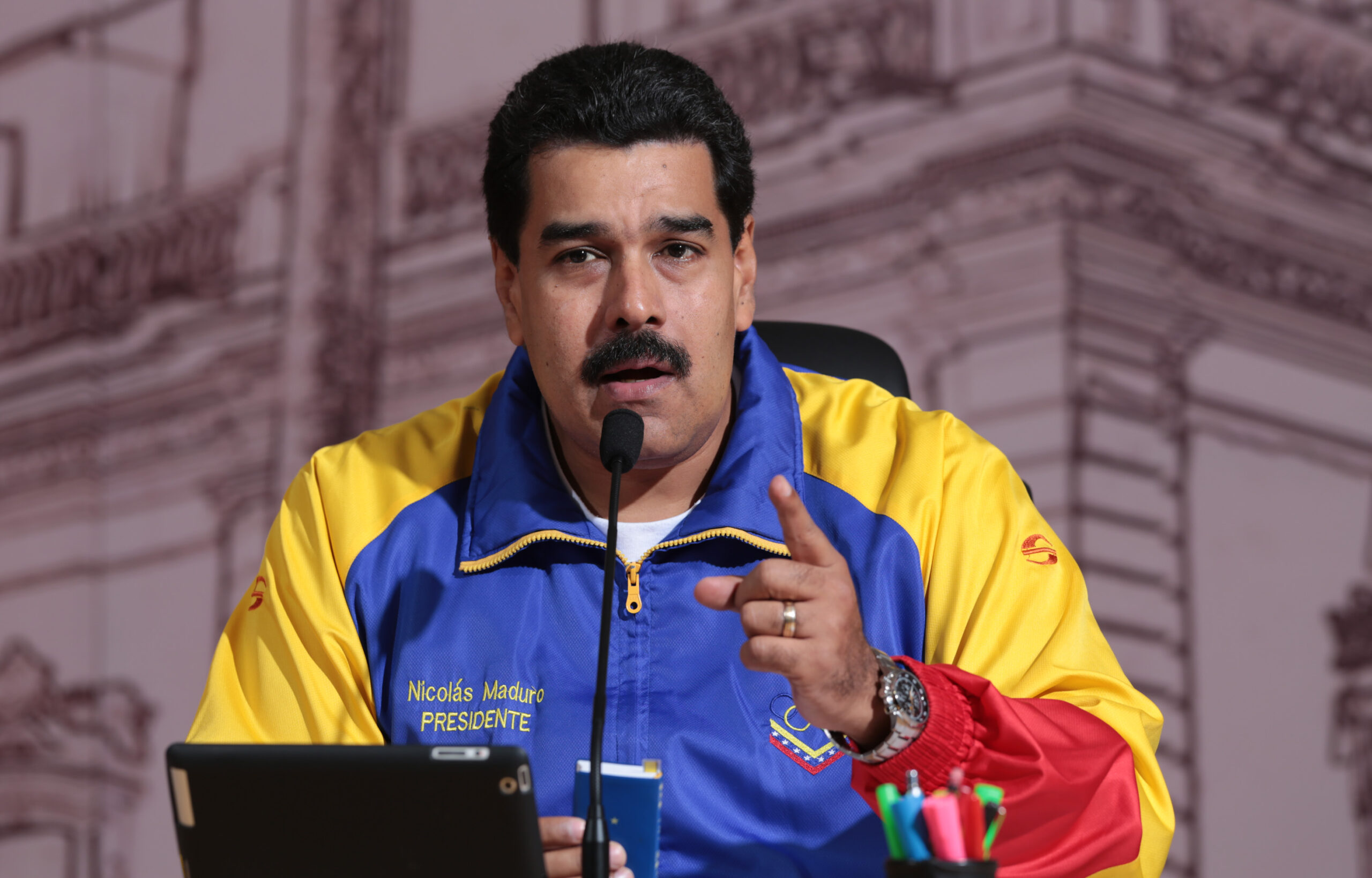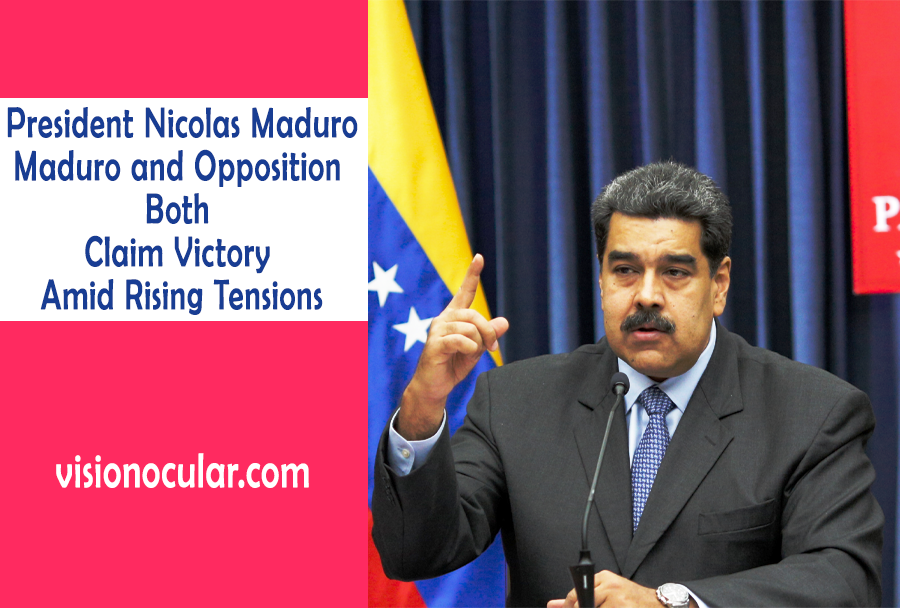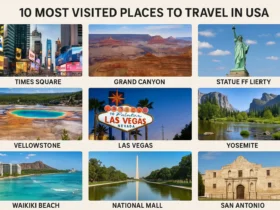In a contentious and highly anticipated event, both Nicolás Maduro and the opposition have declared victory in Venezuela’s presidential election. This development has plunged the nation into further uncertainty, reflecting the deep divisions and ongoing political crisis that has plagued the country for years.
The election, held amid widespread skepticism and allegations of irregularities, has drawn international attention. Maduro, who has been in power since 2013 following the death of Hugo Chávez, claimed a decisive win, asserting that the results reflect the will of the Venezuelan people. However, the opposition, led by Juan Guaidó, has vehemently disputed this, alleging widespread voter fraud and manipulation.
Maduro addressed his supporters from the presidential palace, expressing gratitude for their trust and confidence. He portrayed his victory as a triumph over imperialist forces and domestic enemies trying to destabilize Venezuela. “We have won again, and we will continue to lead this great nation towards progress and sovereignty,” Maduro proclaimed. His government has faced accusations of authoritarianism, economic mismanagement, and human rights abuses, leading to widespread international sanctions and diplomatic isolation.

On the other side, Guaidó, recognized by many Western nations as Venezuela’s legitimate leader, declared the opposition’s victory, citing independent exit polls and internal vote counts. In a passionate speech, he accused Maduro’s regime of “blatant electoral fraud” and called for immediate international intervention. “The people of Venezuela have spoken, and they have rejected Maduro’s tyranny,” Guaidó asserted. He urged Venezuelans to continue their struggle for democracy and appealed to the international community for support.
The conflicting claims have sparked tensions across Venezuela, with both sides mobilizing their supporters. Large demonstrations and counter-demonstrations have erupted in major cities, raising fears of violence and civil unrest. Security forces have been deployed to maintain order, but clashes between protesters and police have already been reported, resulting in injuries and arrests.
The international reaction has been swift and divided. The United States, along with several European and Latin American countries, has expressed support for Guaidó, condemning the election process as deeply flawed. U.S. Secretary of State Antony Blinken stated, “We stand with the people of Venezuela in their quest for a free and fair democracy. The illegitimate election conducted by the Maduro regime cannot be recognized.”
Conversely, countries such as Russia, China, and Iran have congratulated Maduro on his claimed victory, emphasizing the importance of respecting Venezuela’s sovereignty. The Russian foreign ministry released a statement saying, “We commend President Maduro on his victory and call for an end to foreign interference in Venezuela’s internal affairs.”
This geopolitical split underscores the broader global stakes in Venezuela’s political crisis. The country, sitting on the world’s largest proven oil reserves, has been a focal point of international power struggles. The outcome of this election and its aftermath will significantly impact the region’s political landscape and global energy markets.
Venezuela’s economic situation remains dire. Years of hyperinflation, food and medicine shortages, and widespread poverty have led to one of the worst humanitarian crises in the Western Hemisphere. Millions of Venezuelans have fled the country, creating a refugee crisis in neighboring nations. The disputed election results could exacerbate these issues, making international aid and economic recovery even more challenging.
Domestically, the election has highlighted the deep divisions within Venezuelan society. Supporters of Maduro see him as a defender of national sovereignty and social justice against foreign imperialism. They credit his administration with maintaining social programs initiated by Chávez, despite economic hardships and external pressures.
Opposition supporters, however, view Maduro’s government as corrupt and repressive, blaming it for the country’s economic collapse and the erosion of democratic institutions. They demand significant political and economic reforms, including the restoration of checks and balances, free elections, and respect for human rights.
The role of the National Electoral Council (CNE) has come under scrutiny, with accusations of bias towards the government. Independent observers and opposition leaders have alleged numerous irregularities, including voter intimidation, manipulation of voter rolls, and lack of transparency in the vote counting process. The CNE has dismissed these claims, insisting that the election was conducted fairly and transparently.
As both sides dig in their heels, the potential for a negotiated resolution appears slim. Previous attempts at dialogue, mediated by international actors, have repeatedly failed to produce lasting agreements. The current situation seems poised to lead to further polarization and conflict, unless a new approach to mediation and negotiation is found.

The Venezuelan military’s stance will be crucial in the coming days. Historically, the armed forces have been a pillar of support for the Maduro government. However, there have been signs of discontent within the ranks, with reports of defections and dissent among lower-level officers. The opposition has called on the military to uphold their constitutional duty to protect the people and support the democratic process.
In the international arena, the United Nations and other multilateral organizations have called for calm and urged all parties to engage in constructive dialogue. UN Secretary-General António Guterres expressed deep concern over the escalating tensions and called for respect for human rights and the rule of law. “The future of Venezuela must be determined by the Venezuelan people through a peaceful and inclusive process,” Guterres stated.
Amidst the political turmoil, ordinary Venezuelans continue to bear the brunt of the crisis. For many, the election has brought little hope of immediate relief from their daily struggles. The protracted political conflict has overshadowed urgent humanitarian needs, with aid organizations struggling to provide assistance in a highly polarized environment.
In the aftermath of the disputed election, Venezuela stands at a critical juncture. The path forward remains uncertain, with significant risks of further instability and conflict. The international community’s role will be pivotal in shaping the outcome, as external actors weigh their options for supporting democracy and stability in the country.
The ongoing crisis in Venezuela is a stark reminder of the complex interplay between domestic politics and international geopolitics. The disputed election and its fallout highlight the challenges of achieving democratic governance and economic recovery in a deeply divided and crisis-ridden society. As the situation unfolds, the world watches closely, hoping for a peaceful and just resolution that will pave the way for a brighter future for the Venezuelan people.
In conclusion ,the dual claims of victory by Nicolás Maduro and the opposition in Venezuela’s presidential election have deepened the country’s political crisis. The contested results have triggered international reactions, with major powers taking opposing sides. The situation remains volatile, with the potential for further unrest and instability. The resolution of this conflict will require concerted efforts from both domestic and international actors, aiming for a peaceful and democratic solution that addresses the urgent needs of the Venezuelan people.









Leave a Reply